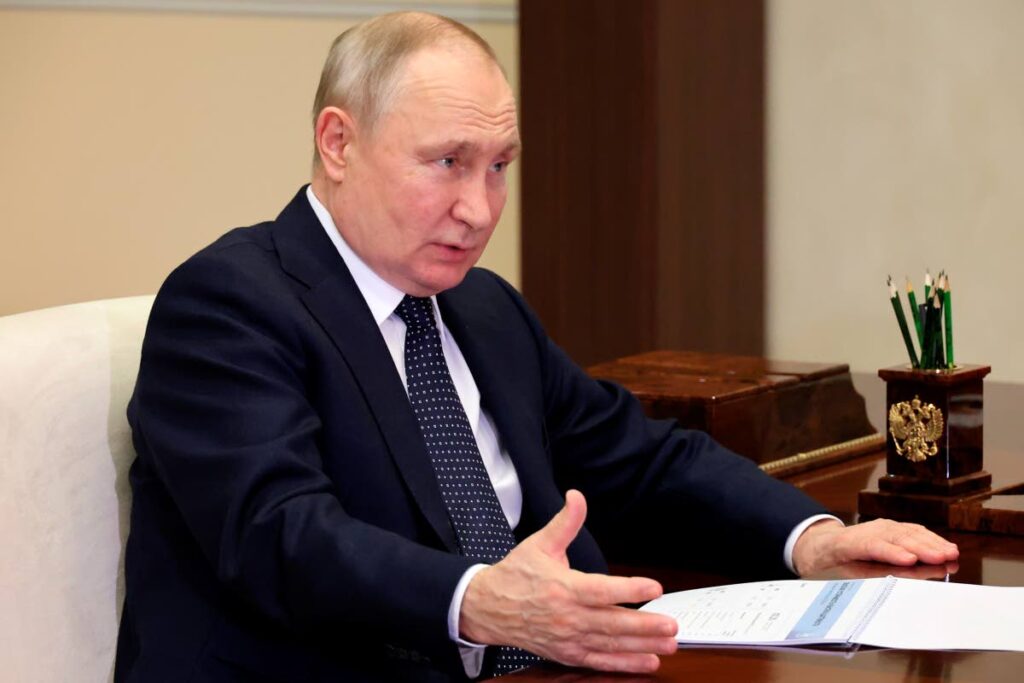Momentary mutiny

IN AUGUST 1991, Mikhail Gorbachev faced a coup. The Soviet president survived that challenge to his rule. But by the end of the year, Mr Gorbachev was out and the Soviet Union no longer existed.
Before Saturday, few would have envisioned Vladimir Putin's meeting such a dramatic fate. But the actions of Yevgeny Prigozhin, who led a march on Moscow and whose mercenaries briefly took hold of Rostov-on-Don, the seat of the Russian southern command, have for the first time revealed significant weaknesses in Mr Putin’s hold on power.
Mr Prigozhin, the face of the paramilitary entity known as the Wagner Group, may have called off his march, but not before forcing Mr Putin’s hand: making the Russian present hold an emergency televised address in which he accused Mr Prigozhin of treason and also securing a deal for the end of hostilities, mediated by Belarus, that paved the way for Mr Prigozhin’s exile.
In scenes hitherto unimaginable in relation to anyone leading an uprising against Mr Putin, Mr Prigozhin was all smiles and was cheered by adoring throngs as he left Rostov-on-Don over the weekend.
On Monday, as Russian officials suggested he could face charges despite the arrangement which Mr Prigozhin said he accepted to prevent bloodshed, he claimed the purpose of his campaign was not to overthrow the government, but to “demonstrate our protest” over actions by Russian officials relating to Wagner.
But if this is true, that protest alone was of huge import given its source.
However he frames it now, Mr Prigozhin has been openly critical of the actions of Russian defence officials in the past. On Friday, he questioned the very rationale for the country’s assault on Ukraine, accusing officials of attempts to deceive and spin the story.
Whether the deal brokered securing his safe exit to an undisclosed location will be honoured in the weeks and months to come is unclear. What is a certainty, however, is that there will be consequences.
Mr Putin, aware of the events of 1991, may well double down on his efforts. He could escalate military action. And he could seek to purge his ranks of dissent.
At the same time, others looking on within the country, including members of civil society, could be emboldened to act. Even if Mr Prigozhin is unlikely to be the spark that lights an ideological fire of resistance, he may be the tip of an iceberg of dissatisfaction.
With chinks in the Russian leader’s armour now so dramatically apparent, international allies, most significantly China, will also be forced to recalculate their tacit support for the invasion, which has already affected global markets and triggered a wave of sanctions.
The mutiny has ended, but its impact has only just begun.


Comments
"Momentary mutiny"